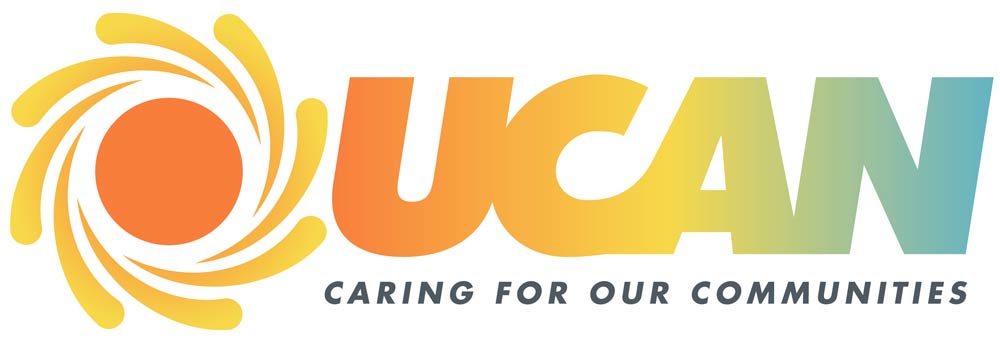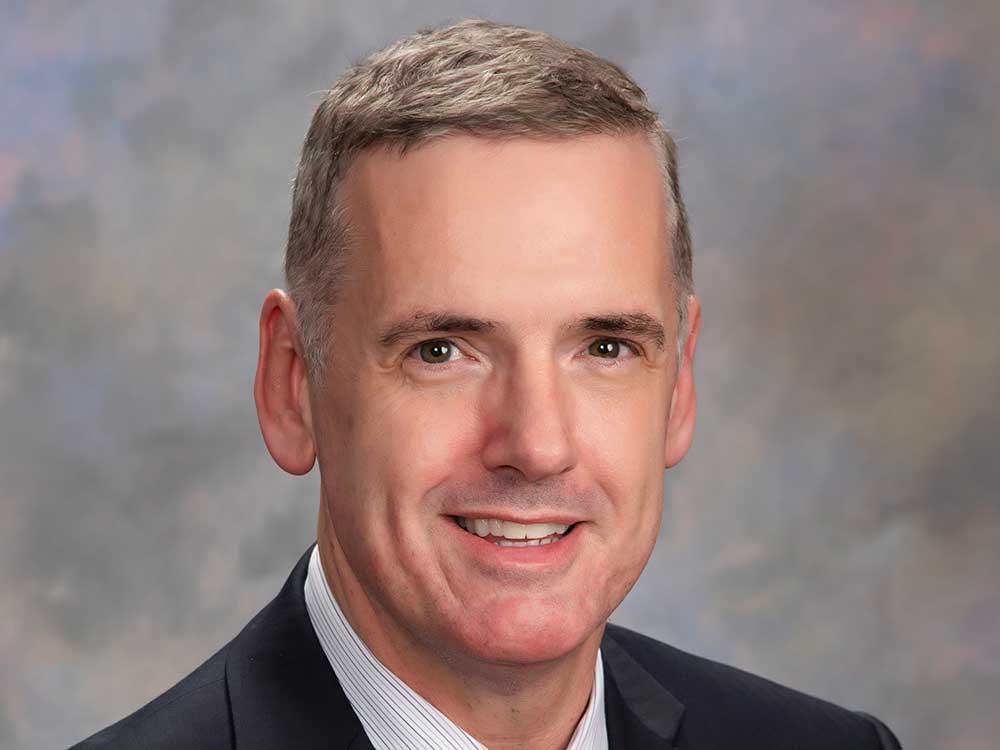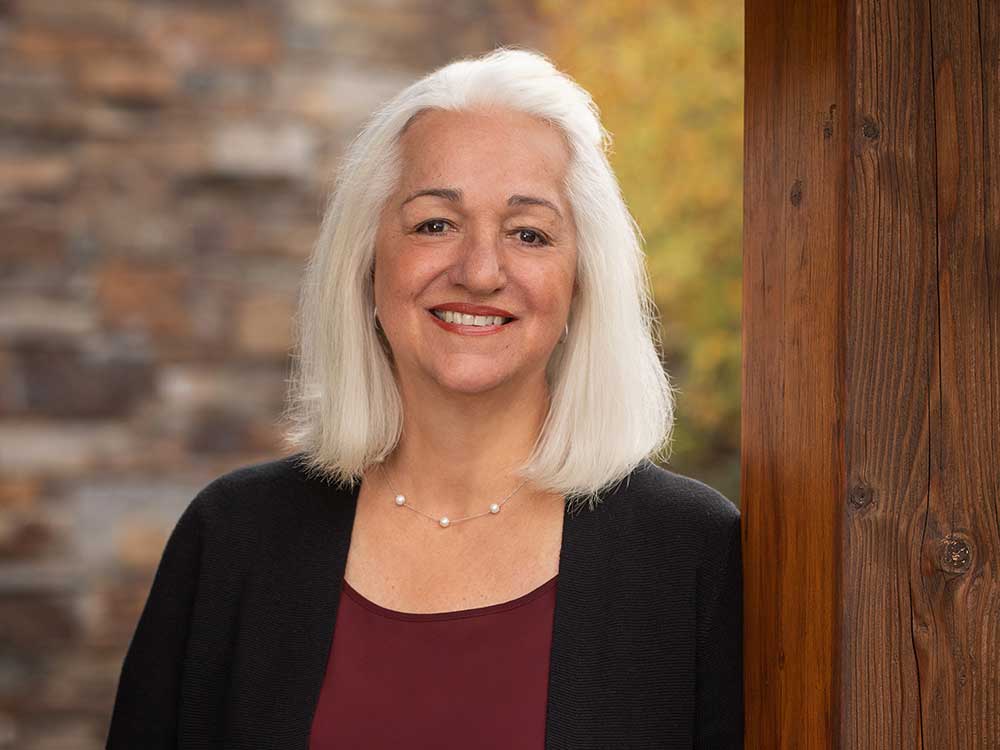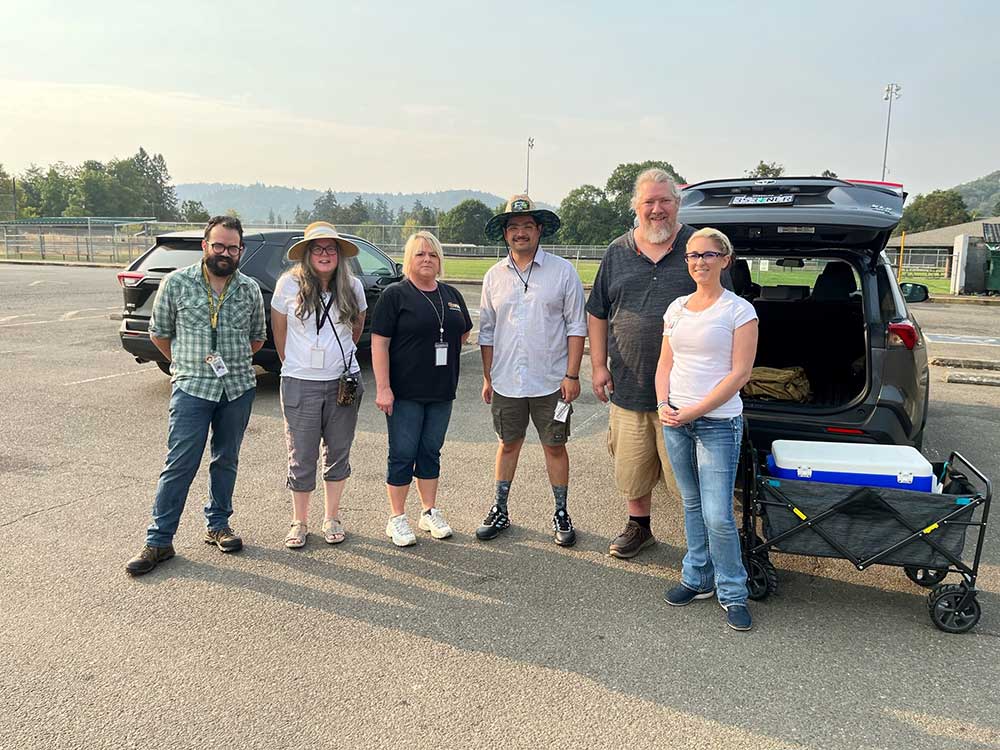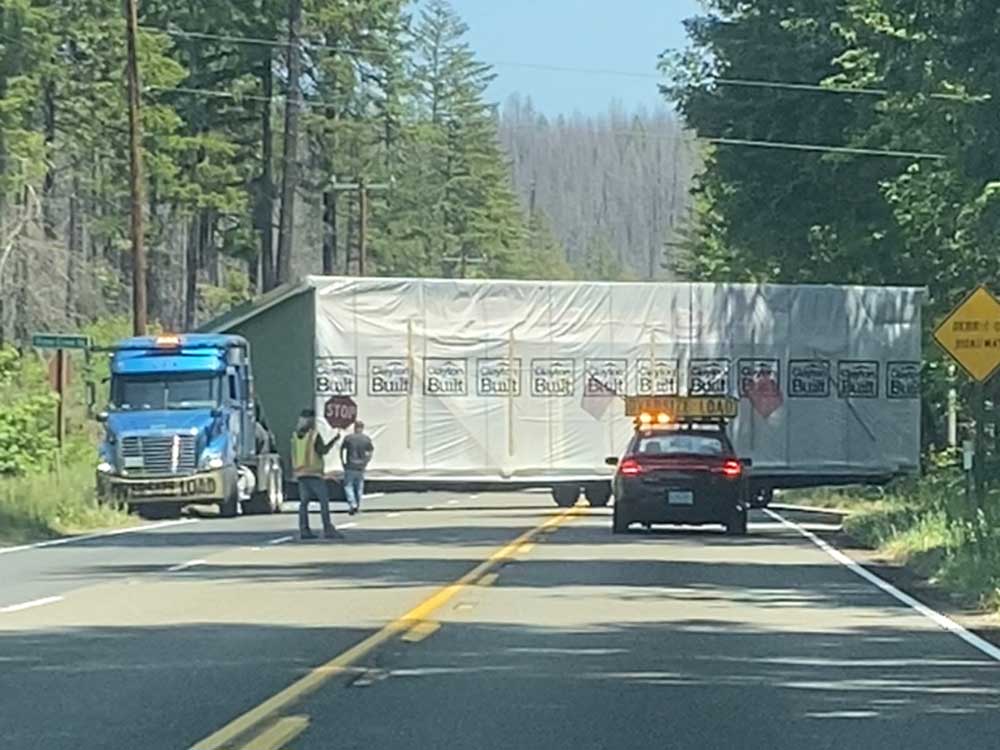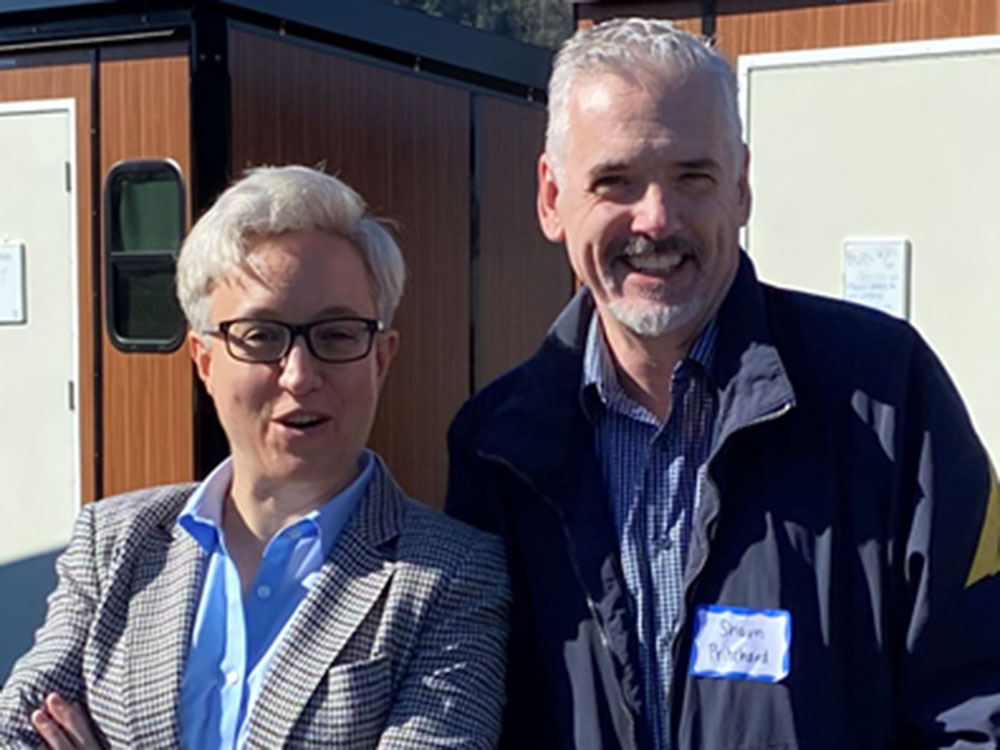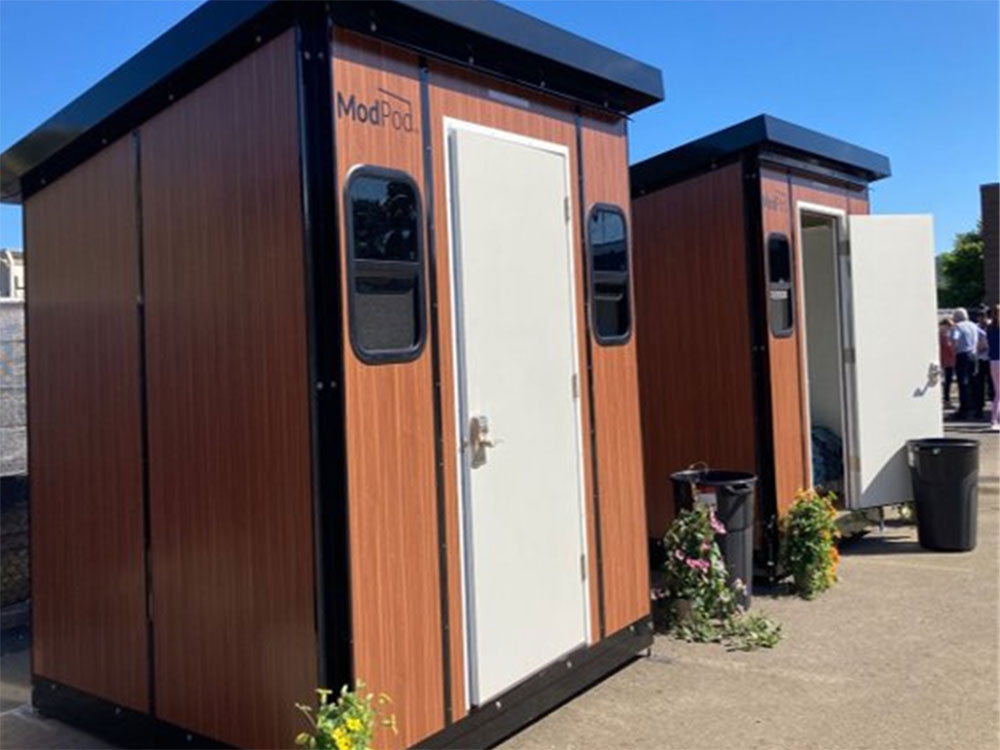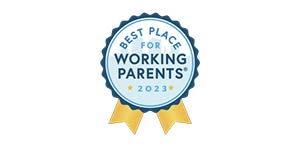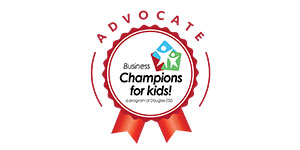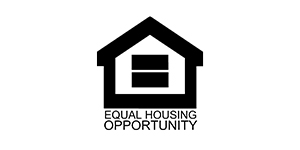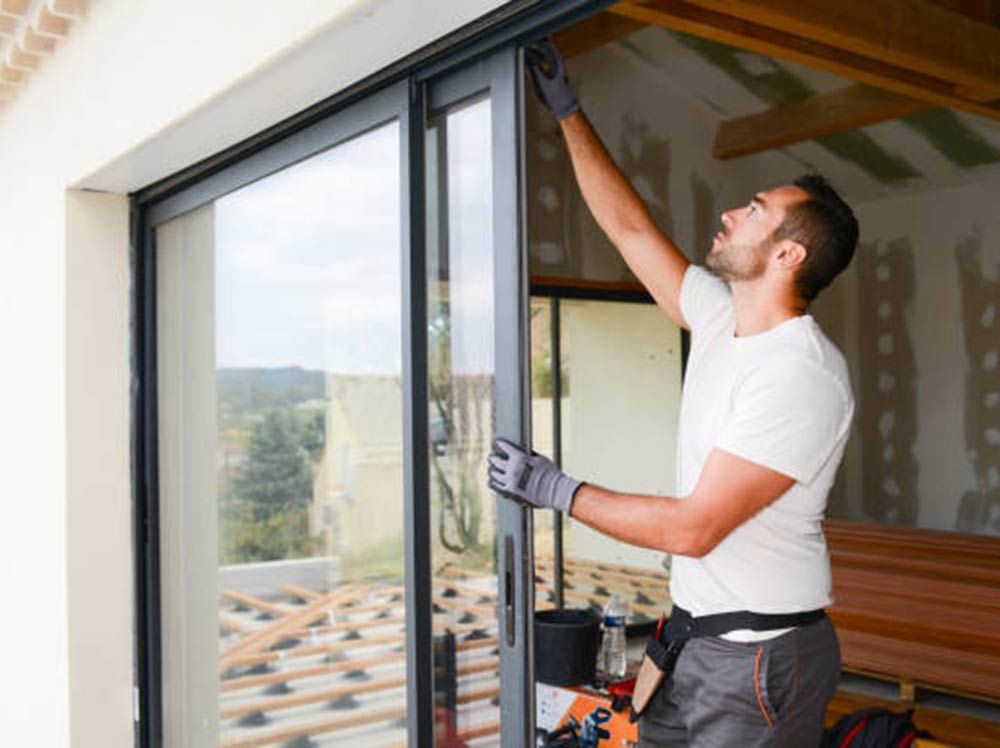
Gus Preston had struggled with substance abuse for many years. He finally committed to changing his life, and completed a treatment program, but he wanted to keep “bad influences” away. His concern: The double-wide mobile home he lived in was pretty trashed, with broken windows, holes punched into walls, insulation eaten through by rodents. It was a place his old friends felt comfortable hanging out at.
He came to UCAN seeking our weatherization services to fix his house up. Our Weatherization Program Manager, Michael Carpenter, says when he first showed up to check out the home: “Gus looked pretty terrible. He clearly had a difficult life, and seemed pretty down. His home was a complete mess, dark, dirty, in complete disrepair.” Michael checked out the home’s energy usage, and found that it was costing Gus the same amount of money to heat his 960 sq. ft. as a typical owner of a 3,500 sq. ft. home would pay.
We called on our contractors to fix things up. The home got a new vinyl roof, new insulation, all new double vinyl windows. Our contractors cut out all the dry rot, sealed the home’s penetrations, installed a vapor barrier to keep moisture from coming up through the floor and repaired areas that rodents had destroyed.
When Michael went back out to inspect the work, he couldn’t believe the difference. It wasn’t just that the home was repaired. It was completely cleaned up, bright and cheery looking. More surprising to Michael, there was a man standing nearby when he first drove up whom he didn’t recognize. The man was beaming. Michael realized after a moment that this happy, clean, well-groomed individual was Gus!
Though weatherizing a home can improve someone’s physical health by removing mold and improving ventilation and heat, we don’t know if that’s happened for Gus. But Michael is pretty sure that our work did have a strong impact on Gus’ mental well-being. Gus said he’s now really proud of his home, and no longer feels worried that his old “friends” will have any interest in hanging out there.
